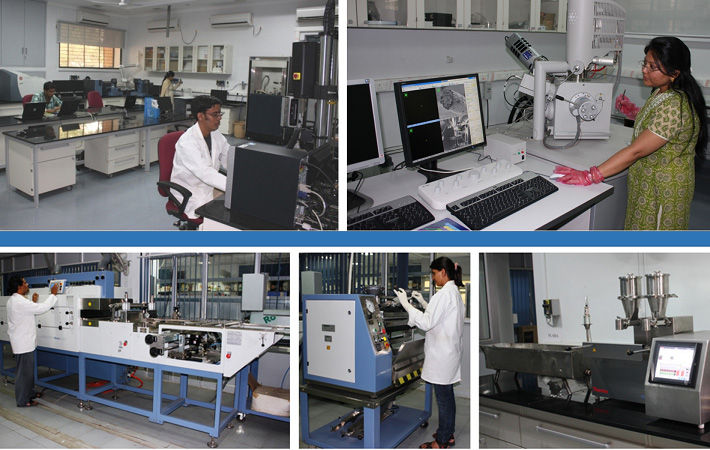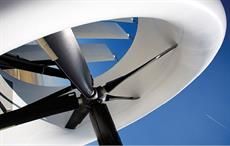
Major thrust areas of this CoE would be: Development of highly functional and high-performance textile materials using nanomaterials, nanofibres, and nano engineered materials; development of wearable textiles, also known as electronic textiles and development of functional textiles for healthcare applications, IIT Delhi said in a press release.
SMITA research lab at IIT Delhi has been actively engaged in this area for the last several years and has contributed immensely through research and development. It has been instrumental in developing several novel technologies for the first time in the country, such as nanomaterial based antibacterial, antiviral and self cleaning finishes, nanofibre based nostril filtres (also known as Nasofiltres) and automobile filtres, continuous electrospinning machine, textile based sensors and energy harvesting devices, high performance fibres to name a few, the release added.
SMITA research lab has been partnering with Indian industry and startup companies and has taken several of these technologies from lab-scale to commercial domain. The lab, with the generous funding from the ministry of textiles, ministry of education, department of science and technology, and the industry partners under various research projects, has been able to establish state-of-the-art research facilities, which are unique in the country and can be used for expeditious development of new smart technologies.
“IIT Delhi has converted its SMITA research lab to a Centre of Excellence (CoE) in Smart Textiles to further enhance the impact that IIT Delhi can make in the technical textile domain and to expedite the developments in this crucial area. Creation of the CoE has brought together researchers from different disciplines to develop futuristic smart textiles,” said prof V Ramgopal Rao, director, IIT Delhi.
Dr Ashwini Agrawal, professor in the department of textile and fibre engineering, IIT Delhi and the CoE’s coordinator said, “Smart textiles and wearable electronics are being researched world over and it is predicted that this will bring unprecedented changes in elderly care, health care, communications, and sports, etc. The CoE will work towards development, design and integration of smart functionalities into textile substrates.”
“The CoE will help enhance the visibility of the work being carried out by the Institute in the area of Smart and Technical Textiles and encourage faculty members from other disciplines and institutions to explore their interest in smart textile materials,” prof Manjeet Jassal, CoE’s co-coordinator, said.
Fibre2Fashion News Desk (RR)

